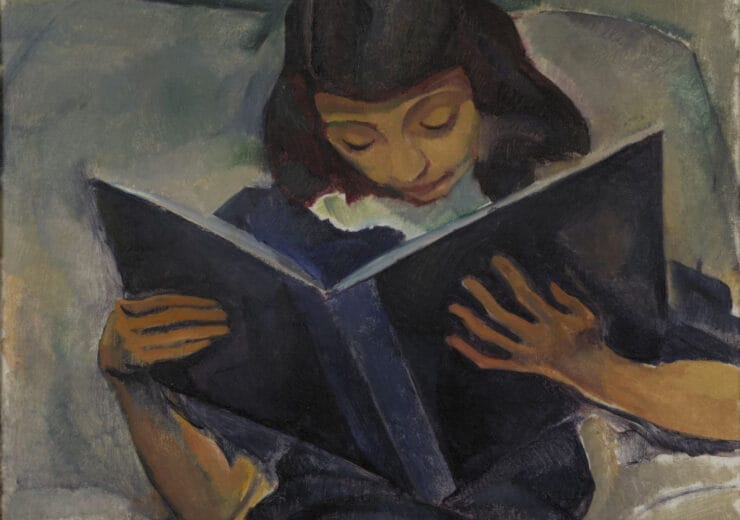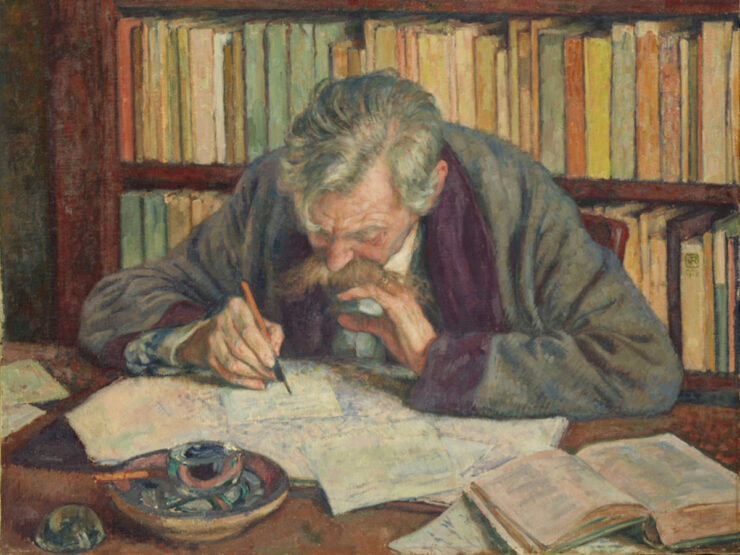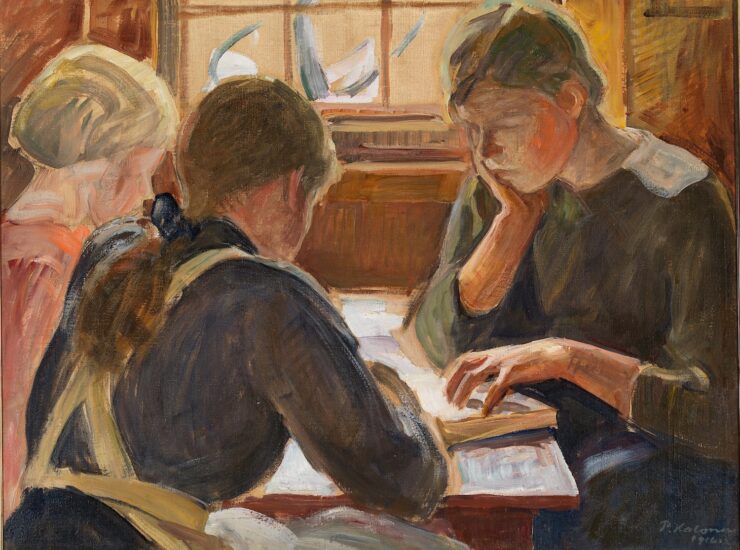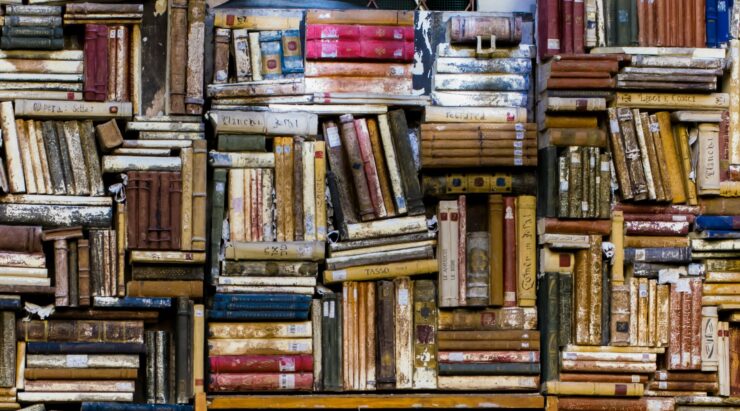At some point in my twenties I broke up with the concept of a guilty pleasure. I had heard enough from guys who wanted to try to shame me for liking bands they didn’t think were good, or for reading books they didn’t think were important enough; I decided that I was going to like what I liked, without feeling guilty about that enjoyment. I enjoy bands that aren’t cool and I love the kind of off-brand candy that comes in a see-through bag for 59 cents. Why feel guilty?
There are plenty of reasons to have complicated relationships with things, though, especially art. There are authors we grew up reading or once loved who turned out to be terrible people. Filmmakers who make beautiful movies through which a thick misogynist streak runs. Musicians who also turn out to be real dicey people. The art is still there, speaking to us, and while sometimes you can put aside the ugly bits, sometimes you just can’t. Art is made by complex, flawed humans; experiencing it is not often simple. Complicated relationships are to be expected. (Claire Dederer wrote a whole brilliant book, Monsters, on this topic.)
But there are still books I feel weird talking about. Not guilty. Not bad. Maybe just … a little self-conscious. Squirmy. And that is all I’ve been reading lately.
I suspect a lot of readers have these books, somewhere in their shelves, their ereaders, or just their memories. A friend told me she’s not adding her current reading to Goodreads. She’ll talk about her historical smut binge openly, but listing them? That’s something else. (This is also where having a private reading spreadsheet comes in handy! Easy to be honest when no one else is judging you on it.) She doesn’t feel guilty about those books. She just feels weird about it.
People feel weird about all kinds of things. My self-conscious reads might be totally unremarkable to you, and vice versa. One week’s self-consciousness might turn into another week’s sense of pride. Sometimes I don’t want to admit how many times I’ve read Wicked, because people think the book is the musical, and they feel a certain kind of way about that. Sometimes I might tell a whole Zoom full of strangers that it’s one of my favorite books.
Sometimes I might tell anyone reading this column that I have been veering dangerously near the self-help section.
It’s not self-help exactly. It’s also not craft books. I have been reading all those books, those many, many books, that are about writing when you’re not writing. Doing the things you want to be doing that you’re for some reason not doing. Do you know these books? The many variations on The Artist’s Way. Other writing books that are more touchy-feely than I want to admit to liking. Books with “art” and “life” in the titles.
I respect these books. I respect a lot of books in the self-help section, to be honest, because everyone needs to handle their shit, and some people have written really good books on the topic. (Not all of them are very good, but I challenge you to find any section or genre in which all the books are good.)
There are not, alas, many craft-of-writing books that connect directly to SFF, though there are some. (Delany and Le Guin come to mind.) But there are times when I need to come at a topic sideways. When there is something no longer on my mind but in my mind, some embedded thought I can’t quite access, that I need to read around it. Maybe it’s the mental equivalent of a hot compress, or a hot bath that draws the soreness out.
So I am reading to tug at a thought. My thought is about stories, and how they work, but I don’t want to approach it head-on. I’m treating it like a skittish cat: slow steps, one hand out, maybe a treat somewhere in the process. I’m reading books like Make Your Art No Matter What, books that tell me things I already know but do not seem to be putting into practice. And I’m reading slightly less squirmy books, too, like Jane Smiley’s Thirteen Ways of Looking at the Novel, which the Pulitzer Prize-winner wrote when she found herself blocked while writing fiction. (It really does happen to everyone.)
It seems to me that the whole idea of the guilty pleasure stems from the idea that we’re liking things we’re not supposed to like. That “supposed to” can come from anywhere—friends, pop culture, highbrow notions, family, education, you name it. To plenty of readers, Star Wars novels would be a source of guilt. Or formulaic thrillers, or spy novels, or romance. Anything not capital-L Literature has been scorned by someone, somewhere. There are those who scorn books about books, books about writing, books about figuring out better ways to make your way through the world.
But the squirmy-awkward feelings that appear around certain other kinds of books—that comes from inside. When I’m reading something and I feel weird about talking about it, it’s not because it’s hard or complex or weird or unusual; it’s because it’s too personal. Too close to the bone. It’s too much like an admission to say, “I’ve been reading books about how people make stuff and wrangle their daily lives at the same time.” Would I be reading that if I didn’t want to be doing it? There’s so much pressure to just do stuff, as if there aren’t a thousand hurdles, external and internal, in every road. If you are a just do-er, that’s very nice for you. If you are not, you might want to read about how people get that way. And it might feel sticky and weird to admit that you are trying to change, fix, adjust, just plain work on something so intimate.
I am squirming while I write this. Squirming. But what I write about in this column is the reading life, and sometimes the reading life is not just enjoying books, organizing books, thinking about books, collecting books, getting rid of books, getting new books, eventually reading those books, writing about those books, and then repeating the process until the eventual decay of the universe (after which those stacks of books may still exist; who can say?). At times, reading is weird, or hard, or personal; at times it becomes something even the most passionate and extroverted reader finds difficult to discuss. What am I reading? I’m reading books about how I want to restructure my life. No big deal, right? Totally simple stuff!
Really, I’m always reading books about how I want to restructure my life. A novel is an opportunity to consider how other people live. They might live in a magical country or aboard a starship, but they still live: they make choices, interact with other people, love, try, fail, succeed, struggle, grow, stagnate. I also get squirmy about the discussion about whether reading makes you a better person. That seems a touch grandiose. But you will find things you didn’t know or recognize or understand in books—including the self-helpy ones, the squirmy ones, the ones you don’t want to talk about. What you do with the things you find is up to you.














